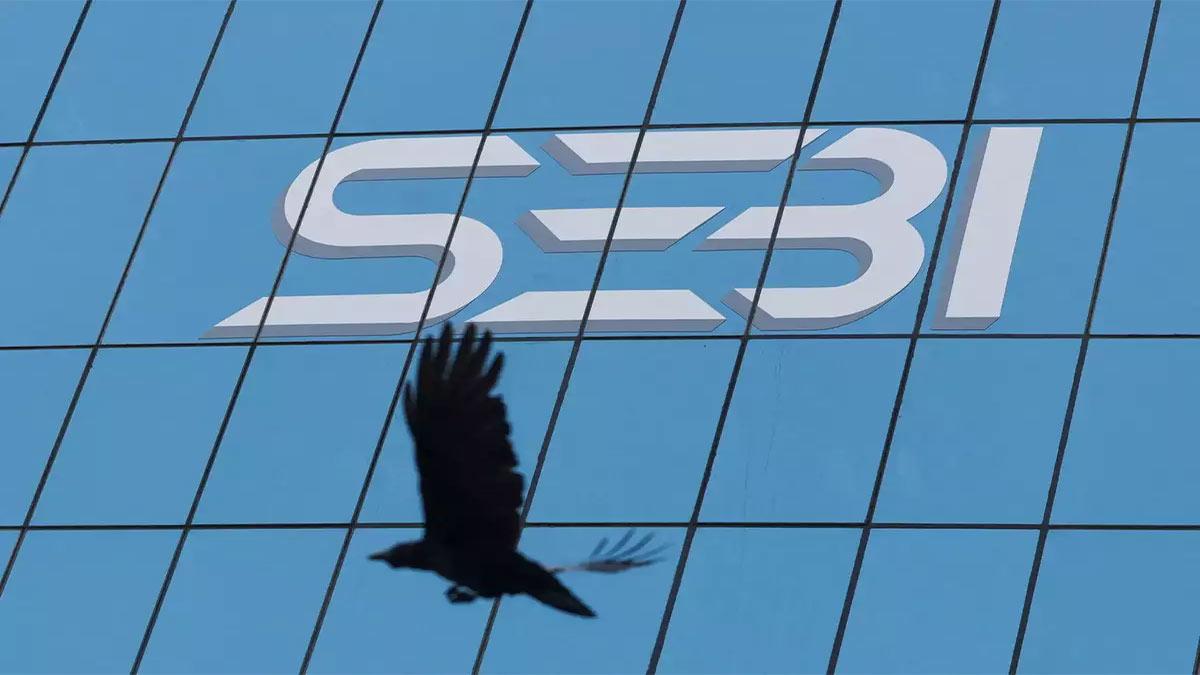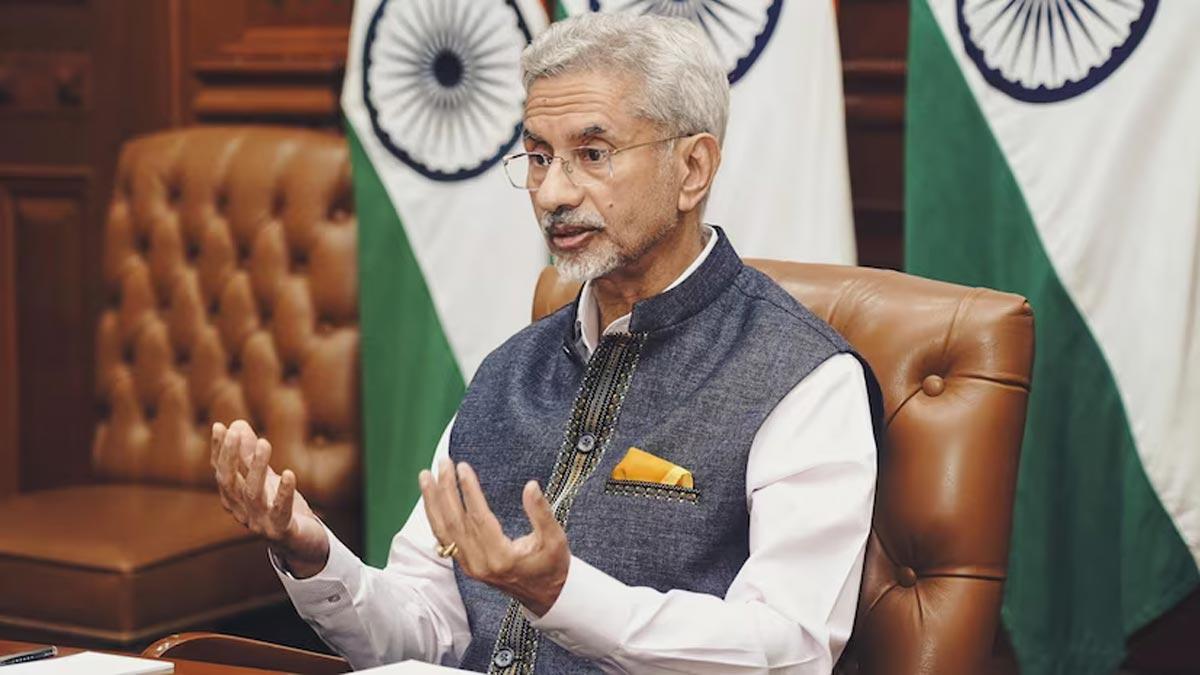For many Indian families, remittances from relatives who work in the United States are a long-standing lifeline of income and source of pride. But that consistent stream of money could soon be threatened with a new challenge: a planned 5% excise tax in the U.S. on money transfers going overseas.
The legislation—now under debate and supported by Republican congressmen—is aimed at levying the tax on all U.S. outbound remittances, irrespective of destination. This covers remittances made by foreign workers, non-resident aliens, and even green card holders, without any exemptions given to lawfully employed non-citizens. The provision is part of the overall economic plan of former President Donald Trump.
With an estimated 2.3 million Indians working and residing in the U.S. on different visa programs, the impact on Indian families is noteworthy. Indian nationals in 2023 remitted over $23 billion to their country. If imposed, the tax would decrease the net value received by their families. For instance, a person sending out $1,000 monthly would now either send $950 or pay an additional $50 to keep the same remittance value.
Broader Scope Than Salaries
This tax would not be limited to salaries. It would also encompass post-tax income received from investments or stock rewards like RSUs (Restricted Stock Units). Financial analysts warn that several skilled immigrants tend to sell vested RSUs and remit the money back home for personal use or for supporting family members—such transfers also would be subjected to the 5% tax.
Such a levy obviously discriminates against non-US citizens who are contributing to the US economy just like US citizens," said Akhilesh Ranjan, former CBDT Member and now with PwC. He also reminded one of the irony that the U.S. is suggesting such a move when it had already criticized India's Equalisation Levy as being discriminatory.
Sandeep Jhunjhunwala, M&A Tax Partner at Nangia Andersen LLP, highlighted the bill's wider implications. "This is a landmark shift in U.S. tax policy, particularly for immigrant workers. By exempting only citizens and nationals of the United States, the proposal disproportionately affects lawful immigrants—H-1B beneficiaries, green card holders, and non-residents—many of whom have economic connections to their home countries."
He added that even after paying taxes on RSUs and similar compensation, sending the proceeds abroad could still trigger this additional excise tax, making it a “tax on taxed income.”
Ajay Rotti, Tax Compass founder, emphasized the administrative implications of the proposed legislation. Officially known as The One Big Beautiful Bill, it lays out the remittance tax provisions in Section 112105. Under the bill, remittance service providers must collect the 5% levy and then pay it to the U.S. Treasury on a quarterly basis.
EY India's Tax Partner and Mobility Leader
Amarpal Chadha pointed out that the bill is at a stage in its development, but suggested that if passed, it would force Indian professionals to rethink their remittance model. "The fiscal burden could drive changes in quantum and timing of money remitted to India, impacting family support as well as investments," he added.
Fears of Diplomatic Backlash
Diplomatically, the suggestion has already triggered some eyebrows. One senior Indian government official, in confidence, said such an action would be seen as a "treaty override," which, although legal under the U.S. Constitution, could be viewed as unhelpful by nations with which the U.S. has tax treaties. "It would definitely be looked upon as an undesirable move from several countries' points of view," said the official.
Looking Ahead
Although the tax is still in the proposal phase, it has already raised red flags among immigrant communities as well as tax analysts. Critics argue that if passed, it has the potential to drive some remittance through unauthorized or less-regulated means, lower the attractiveness of the U.S. for foreign talent, and unfairly burden legal residents who send money overseas.
Whether or not the bill is passed, the controversy it has raised identifies the intricate overlap of immigration, taxation, and global financial flows in the modern world economy.
Read also| India willing to remove 100 pc tariffs on US goods, Says Donald Trump


















